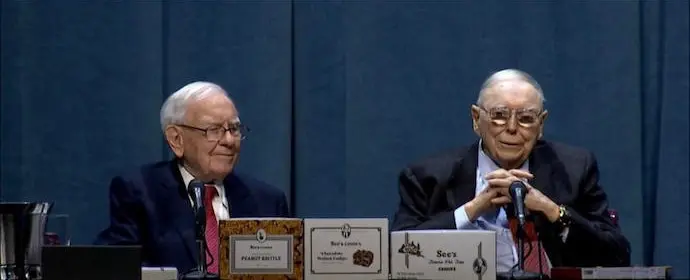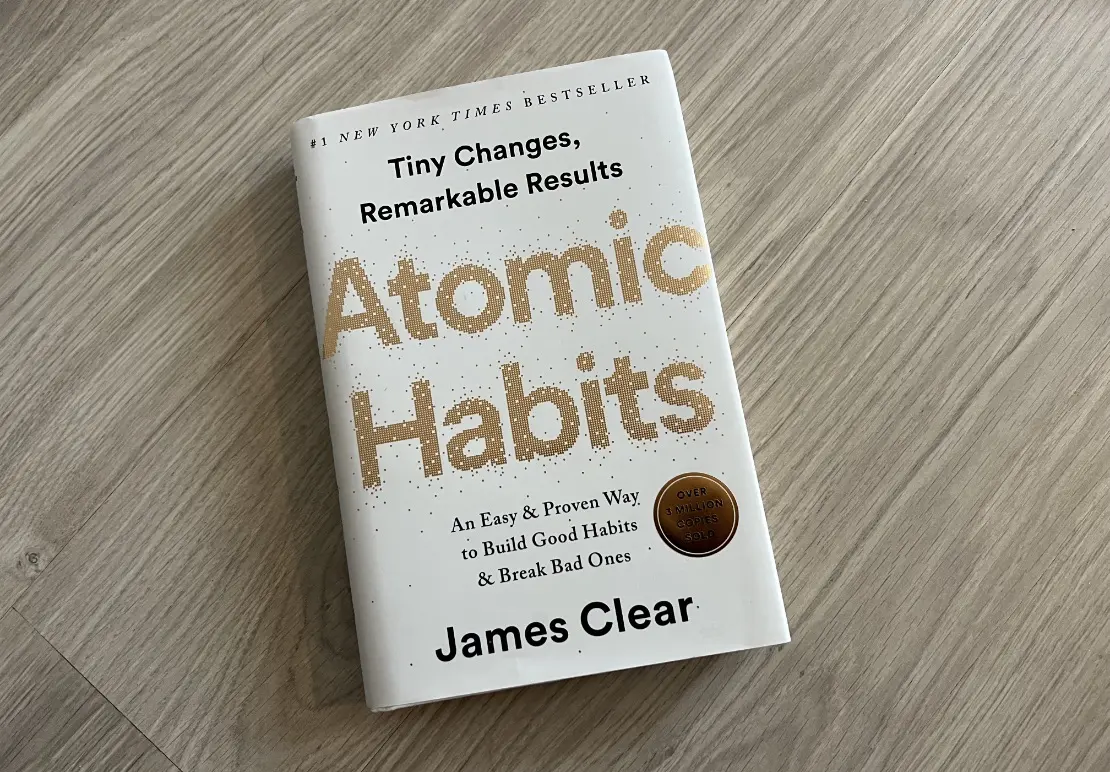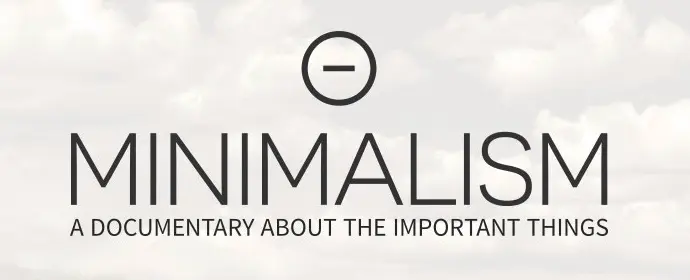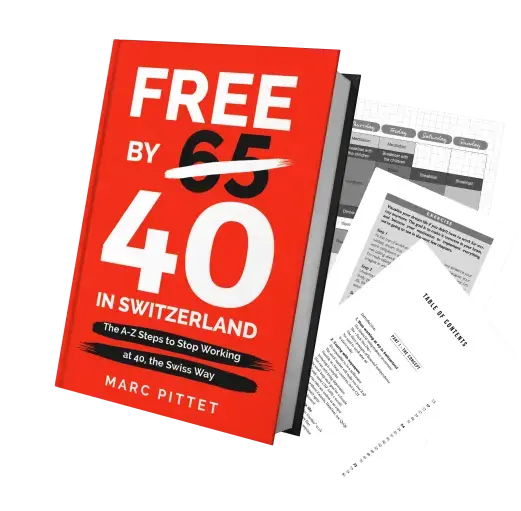Like every year, Warren Buffett publishes his letter to the shareholders of his famous company Berkshire Hathaway.
This is a welcome annual source of wisdom and pragmatism for us Mustachian investors.
It reminds me every time how important it is to share facts that may seem obvious to you, because they are often ignored in favor of more advanced and complex analyses, but not necessarily more useful or full of teaching…
Make your choices as if you didn’t need money
The first passage from Warren Buffett’s 2021 Annual Letter to Shareholders that interests us is on page 11, as Buffett reminisces about what he taught his first finance students 70 years ago:
I have urged that they seek employment in (1) the field and (2) with the kind of people they would select, if they had no need for money. Economic realities, I acknowledge, may interfere with that kind of search. Even so, I urge the students never to give up the quest, for when they find that sort of job, they will no longer be “working.”
Charlie and I, ourselves, followed that liberating course after a few early stumbles. We both started as part- timers at my grandfather’s grocery store, Charlie in 1940 and I in 1942. We were each assigned boring tasks and paid little, definitely not what we had in mind. Charlie later took up law, and I tried selling securities. Job satisfaction continued to elude us.
Finally, at Berkshire, we found what we love to do. With very few exceptions, we have now “worked” for many decades with people whom we like and trust. It’s a joy in life to join with managers such as Paul Andrews or the Berkshire families I told you about last year.
This passage questioned me.
Is Buffett right in his quest to find the field of work that you love, so that you don’t feel like you’re working? Or is Cal Newport more accurate in his book “So good they can’t ignore you”, where he explains that you don’t find your passion, but that it is created with experience and gradual mastery of the craft?
As weird as it sounds to write this, I think Buffett is wrong, and Cal is more accurate.
Because yes, it’s important to find a career field that intrinsically attracts you (for example, numbers rather than mechanics for Buffett), but that’s not the most important thing to have long-term satisfaction.
From what I know of Warren Buffett’s life, what makes him seem to love his job so much is that he has become and remained a craftsman of the investment world for decades — the famous career capital that Cal talks about, that he has accumulated rare skills, which consequently allows him today to have control over his own time — aka autonomy.
On the other hand, I agree with the second precept of the Omaha oracle concerning the people you work with (i.e. to choose them as if you didn’t need money). This is applicable for sure if you are the boss of your company, or if you have a decisional power in the recruitment of your company, but less if you are lower in the hierarchical scale. But you can still apply this by choosing which team you want to work for, or which type of manager you want to work with.
But let’s go back for a second to the area Warren is talking about.
As a Mustachian looking to be FIRE (Financial Independence, Retire Early) at 40 in Switzerland, this speaks to me for the “early retirement” part of my life.
Indeed, the blog you read here has become my favorite side thing to work upon since 2014. And even if it didn’t make me money (which was the case for the first 5-6 years), I would still write it.
And finding that kind of field before you go FIRE is essential if you don’t want to fall into depression when you no longer have meaning in your life overnight via your regular job.
I recommend reading Cal Newport’s “So good they can’t ignore you” to find your own realm for your post-FIRE life, through a series of small experiments where you learn from your failures and successes, little by little — vs. seeking your passion in vain.
Don’t burden yourself with jerks (in your job, and your life!)
Warren Buffett continues to write in his letter to shareholders:
In our home office, we employ decent and talented people — no jerks. Turnover averages, perhaps, one person per year.
At the turn of a little sentence, Buffett distills some common sense that is unfortunately not given to everyone.
Decency, aka respect for good manners, as well as restraint in human relations, is something that is not always taken into account when saying YES or NO to a potential new colleague. We often focus too much on the pure skills that can be learned and improved. But decency usually comes from your upbringing at a young age, and is difficult to change.
But what could be more dangerous to a company than hiring a toxic employee with an overinflated ego who takes pleasure in bossing people around as if he were one of their parents?
Having been through this myself, Buffett’s point is a good refresher.
And even more so the second part of his sentence: don’t associate with jerks! It’s said :)
Long-termism
The last point in his letter that caught my eye was in this passage:
I would like, however, to emphasize a further item that turns our jobs into fun and satisfaction: working for you. There is nothing more rewarding to Charlie and me than enjoying the trust of individual long-term shareholders who, for many decades, have joined us with the expectation that we would be a reliable custodian of their funds.
Obviously, we can’t select our owners, as we could do if our form of operation were a partnership. Anyone can buy shares of Berkshire today with the intention of soon reselling them. For sure, we get a few of that type of shareholder, just as we get index funds that own huge amounts of Berkshire simply because they are required to do so.
To a truly unusual degree, however, Berkshire has as owners a very large corps of individuals and families that have elected to join us with an intent approaching “til death do us part.” Often, they have trusted us with a large – some might say excessive – portion of their savings.
Berkshire, these shareholders would sometimes acknowledge, might be far from the best selection they could have made. But they would add that Berkshire would rank high among those with which they would be most comfortable. And people who are comfortable with their investments will, on average, achieve better results than those who are motivated by ever-changing headlines, chatter and promises.
Long-term individual owners are both the “partners” Charlie and I have always sought and the ones we constantly have in mind as we make decisions at Berkshire. To them we say, “It feels good to ‘work’ for you, and you have our thanks for your trust.
This passage speaks to me, because this is how I see the relationship I have with you via my blog 1. At least the “you” I imagine when I write my articles.
One day you stumbled upon my site randomly (well probably thanks to Google), and since 2014, you’ve never left.
Because you know that I think long term. As much for my own investments as for anything I undertake. And that even in 10 or 20 years, this blog will still be your compass in the world of personal finance in Switzerland.
I think of my blog as one of those little family businesses that you love to drop by on Saturday mornings while going to your local market, even if you don’t buy from them every time. You feel like you are part of the same family, and you know that this kind of shop is here to stay.
We like it, because it is not a business, but a human relationship between two people; in our case, between a Swiss stranger on the Internet (me ^^) and you, dear reader.
As Buffett says, it’s so rewarding to have that direct relationship between what I’m typing on my keyboard at this very moment, and you reading those words on the screen right now.
No middle-manager. No sponsor imposing an editorial line on me. Just the two of us, here, sharing and growing together in our personal finances in Switzerland.
And for this long-termist mindset, I say to you: THANK YOU.
And you, what did you learn from Warren Buffett’s 2021 shareholder letter?
that’s how I think all business should be, and the world would be much better off on all levels. ↩︎






